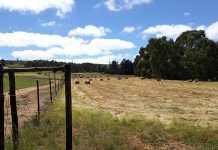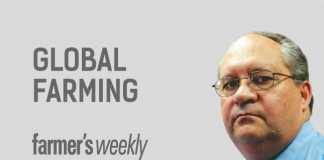In its Global Risks 2013 report, the World Economic Forum lists risks that can have the highest impact on a business, as well as those most likely to happen. Major systemic financial failure is regarded as the risk with the highest possible impact and severe income disparity as the one most likely to manifest. (The top five risks based on likelihood and impact are shown in Table 1.)

In many developing countries, economic growth has taken place without any significant improvement in the situation of the poor. This poses a major risk for global stability. The US and countries in Europe ‘spent themselves out of trouble’ during 2008 and 2009. The debt they incurred in the process is another cause for concern. Water availability/quality is regarded as both a likely risk and also one with a major impact.
The cost of water could even increase to levels farmers can’t afford. A growing international population, coupled with limited growth in food production, meanwhile, will result in less food being available at higher prices. All of these factors, and especially financial risk, threaten economic growth in the next decade. Farming remains a risky business. In addition to the ‘normal’ risks, such as price and yield fluctuations, SA farmers face challenges absent in other countries.
Politicians regularly voice their displeasure with legally accepted and constitutionally enshrined property rights. In addition, farmers’ personal safety is in danger. Being a farmer in SA is more risky than being a police officer. Governments in developed countries provide farmers with insurance against price risk. In SA, the free market system sees farmers vulnerable to huge price fluctuations – such as the R9/kg variation on weaner prices in a single year.
In a recent novel, loosely based on the ill-fated trek of Louis Tregardt to Mozambique, a mother tells her daughter to go back to sleep, “it is only lionsat the cattle kraal.” The ancestors of today’s farmers faced and survived the Anglo-Boer War, the Rinderpest, the First World War, the Great Depression and the Second World War. They will also be able to survive an ANC government.
The fact is, there are huge opportunities for farmers in South Africa, in neighbouring and other countries. While agriculture will face many risks in the next decade, those who identify the opportunities in the risky environment will benefit from increased food demand at higher prices.
Dr Koos Coetzee is an agricultural economist at the MPO. All opinions expressed are his own and don’t reflect MPO policy. Contact Dr Coetzee at [email protected]. Please state ‘Global farming’ in the subject line of your email.



